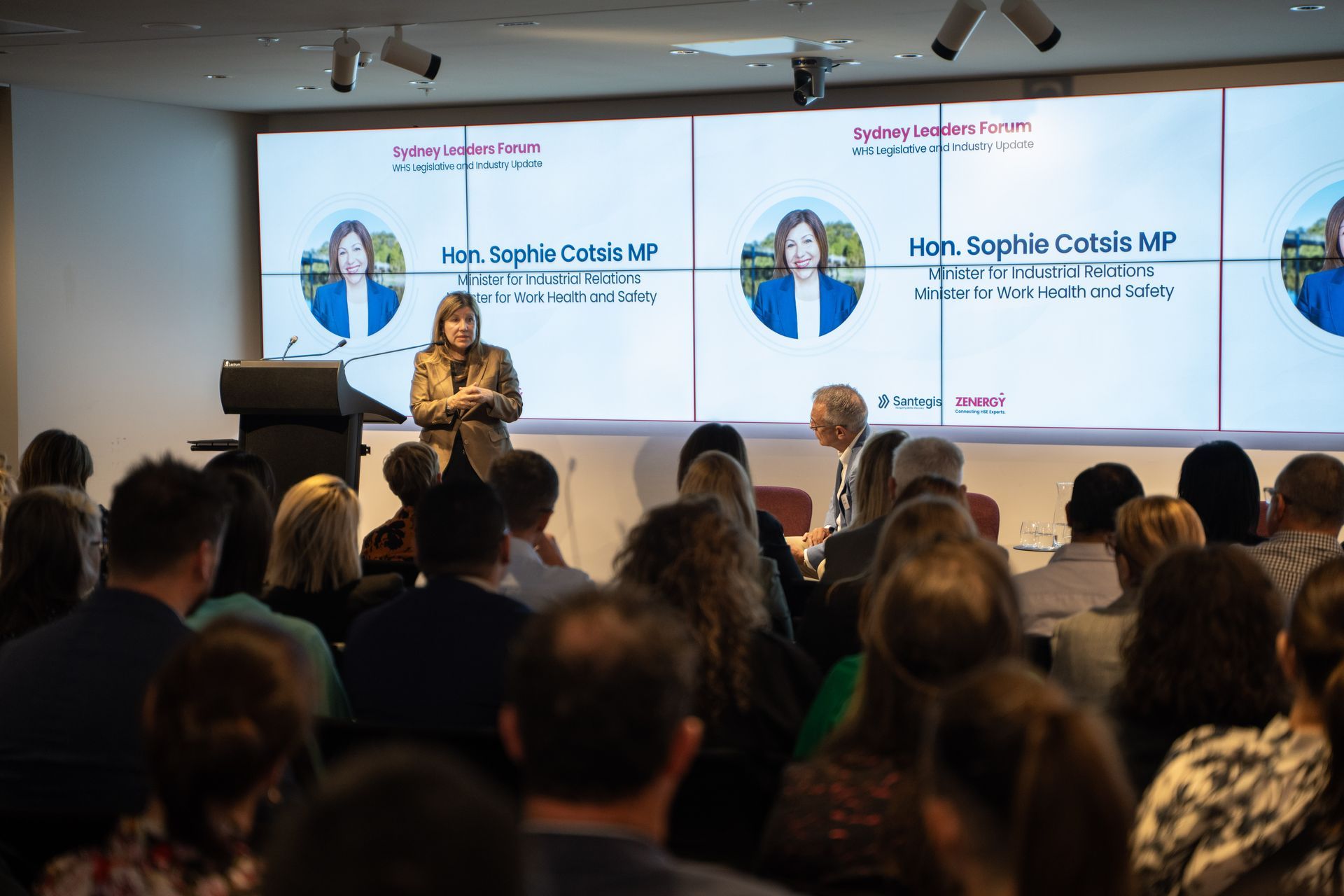Abbot Point dredging approval under heavy fire
By Peter Hannam
Environment Editor, The Sydney Morning Herald
When the Great Barrier Reef Marine Park Authority was setting up its own aquarium in Townsville back in 1987, it refused to grant itself permits to source the sand to line the floors of the tanks.
“It did reflect the attitude of the authority back then,” said Charlie Veron, a former chief scientist of the Australian Institute of Marine Science (AIMS), who is credited with classifying a quarter of the world’s corals. “They proceeded in everything they did with a great deal of care.”
Scientists, including Veron, draw a contrast with the actions of the present day authority, which in January this year approved the dumping in the world famous marine park of dredge spoil bigger in volume than the Great Pyramid of Giza.
Indeed, a tussle of almost pharaonic proportions has raged ever since between environmentalists and scientists opposed to the expansion of the north Queensland port of Abbot Point – the source of three million cubic metres of sand, gravel and mud spoil – versus the proponents and the governments that approved it.
This week, a Senate inquiry into the management of the Great Barrier Reef called for a halt to further approvals to dump spoil in the park’s World Heritage Area, until research now under way by the authority and AIMS is complete. Among 29 recommendations, the inquiry report also called on Greg Hunt, the Minister for the Environment “to examine whether a cap or a ban should be introduced” on future dumping.
The inquiry’s thunder, as it happens, might have been stolen by some agile manoeuvring on the part of the developers facing opposition from a $6 billion annual tourism industry that couldn’t fathom the point of risking off-shore spoil dumps.
Officially, the developers – Indian miners GVK and Adani and state-owned North Queensland Bulk Ports – say they have approval to dump spoil 15-25 kilometres away from the coast – the cheapest option available when they submitted their plans. But a hint of ambiguity is creeping in.
“We’ve long said that disposal options will adhere to the best practice and the best science, based on advice from technical experts and approving authorities” an Adani spokesman said.
"It’s no secret that those experts are now considering a dump site near Abbot Point itself, after BHP ditched plans for a coal export terminal.
An onshore site for the Giza-sized spoil would also defuse the issue that the developers had yet to decide where in the sanctuary it planned to park the sludge.
An abandonment of off-shore options would allow Hunt to draw his “line in the sand” – the end of dumping spoil at sea – earlier than expected.
We’re doing what Labor should have done but never did,” a spokesman for Hunt said. “There is now a very clear message that we have drawn a line in the sand and that no capital dredging can be disposed of in the Marine Park. All projects must look for onshore options.”
Even the Queensland Premier, Campbell Newman, a fierce advocate for mining and port developments along the coast, accepted on Thursday that off-shore dumping was becoming off-limits.
“It is our strong belief that there should be beneficial reuse of dredged material onshore,” he was reported as saying. “That’s what we want to see for all port development in the future in Queensland.”
Old men of the sea, such as Graeme Kelleher, the inaugural chairman and chief executive of the reef’s Marine Park Authority, were appalled that off-shore dumping had been approved by state and federal governments but even more astonished the authority had also given it the nod.
“Conservation of the ecology of the reef was the major criterion,” says Kelleher, who ran the authority from 1979-1994, and enforced the strict controls on the Townsville aquarium.
–
Kelleher notes the switch to an onshore dumping option came from the developers, “not from the people charged with protecting the reef”.
He recounts the time during the Hawke government years, when then environment minister Graham Richardson sought to force the authority to approve dumping of biodegradable rubbish into the park.
I had to fight like hell to get that rejected,” says Kelleher, now 81. “I’d rather have died than accept that – and I almost did.”
Greens senator Larissa Waters says a paper trial of documents obtained under freedom of information and Senate procedures, reveal the authority’s own scientists recommended against dumping, deeming it the most damaging and high-risk option.
One undated summary states: “Offshore dumping of up to 1.6 million cubic metres per year for three separate campaigns ‘has the potential to cause long term, irreversible harm to areas of the GBR Marine Park, in particular seagrass meadows and nearby coral reefs of Camp Reef, Horseshoe Bay, Cape Upstart’.”
We discovered in the inquiry hearings that it was a bureaucrat [Bruce Elliot] who made the final decision to tick off on the onshore dumping,” Senator Waters said. “He didn’t have any scientific training.”
An authority spokeswoman rejected “any assertion regarding political influence”.
“The Authority’s decisions are evidence-based and we take our independence seriously,” she said. “Land-based disposal of material from the dredging of shipping channels has always been and remains our preferred option.
Elliot, the authority’s general manager for biodiversity, conservation and sustainable use, has expertise in risk assessments and analysis, “essential skills for a position that requires consideration of complex permit applications”, the spokeswoman says.
Elliot’s resume includes 27 years as a commonwealth civil servant, mostly in taxation and also defence. He joined the authority six years ago.
Senator Waters this week tabled a Private Members Bill to ban new offshore dumping in the reef’s World Heritage Area and backdate it, so that it is illegal for the Abbot Point offshore dumping to proceed.
Senator Waters noted the Coalition’s dissenting report to the Senate inquiry – unlike Hunt’s position – omits any reference to a ban on future dumping: “The Coalition Senators support the recommendation of the merits of an examination of a cap on the disposal of dredge spoil in the Great Barrier Reef World Heritage Area.”
For Kelleher and Veron, the fact approved port projects from Cairns to Gladstone may require 100 million cubic metres or more of dredging is worry enough wherever the spoil ends up, given the reef’s deteriorating health.
Near-term culprits include pesticides and fertilisers washed off farms, while the impact of climate change is already evident as waters warm and become more acidic.
And that’s before the Galilee coal basin gets opened up – the reason for the Abbot Point’s expansion. Greenpeace estimates at full tilt, the nine mega-mines could produce 330 million tonnes of coal a year. When burnt, the coal’s emissions would top 700 million tonnes of carbon-dioxide, dwarfing Australia’s current total and would alone count as the 7th largest emitter in the world.
Veron knows well the dire changes. Corals such as branching montipora that were once among the most common onshore species have all but vanished.
Mostly gone too are spectacular corals, such as catalaphyllia and Galaxea. “Corals that I’d expect to pick up in a day I haven’t seen in many years,” he says.






